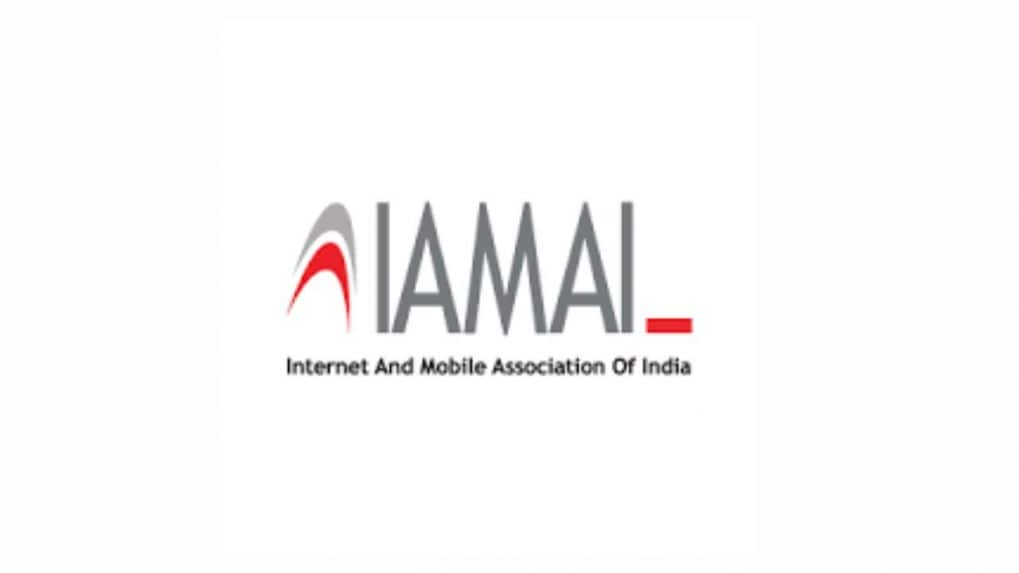IAMAI raises concerns over DPDP Act clause impacting AI model training in India; flags threat to AI innovation
IAMAI pointed out that requiring AI companies to determine whether all publicly accessible personal data had been voluntarily made available by data principals themselves was practically unfeasible.
ADVERTISEMENT
The Internet and Mobile Association of India (IAMAI) has said in a submission to the Ministry of Electronics and Information Technology (MeitY) that ambiguities in the Digital Personal Data Protection Act, 2023 (DPDP Act) surrounding the processing of publicly available personal data might pose practical challenges for AI companies, particularly those using large datasets for training their models.
Read more: IAMAI urges MeitY for 24-month implementation period of DPDPA Rules
In its submission, copy of which Storyboard18 has seen, IAMAI pointed out that requiring AI companies to determine whether all publicly accessible personal data had been voluntarily made available by data principals themselves was practically unfeasible.
Even where personal data is shared publicly to comply with a legal obligation, it may be re-shared or resurface online through various means well after the initial legal disclosure, making it difficult for AI companies to process such data.
As per IAMAI, restrictions on access to publicly available personal data would impose undue compliance burdens on AI companies, hinder technological progress, and could ultimately obstruct the realisation of AI's potential. Such limitations would disproportionately affect startups and smaller companies developing AI models.
Read more: Businesses gear up for DPDP Rules with privacy policy updates, appoint Data Officers
"This submission is in addition to previous submissions made by IAMAI regarding the Digital Personal Data Protection Act, 2023 (“DPDP Act”), with the goal of specifically illustrating the adverse impact some of the compliances within the Act may have on India’s burgeoning AI ecosystem. Before we begin, we note that our members Reliance Jio and Culver Max Entertainment have divergent views from those expressed in this document," the industry body said.
In its submission, IAMAI requested MeitY to suitably amend the DPDP Act to remove barriers to using publicly available personal data for training or fine-tuning of AI models. To that end, IAMAI recommended that the Union Government might as an interim measure consider exempting data fiduciaries from the DPDP Act’s provisions, if they are processing personal data solely for training or fine-tuning of AI models.
IAMAI is a not-for-profit industry body with more than 600 members, including Indian and multinational corporations, as well as start-ups.
"We acknowledge that amending the Act may require time. As an interim measure, we recommend that, in exercise of the powers conferred under Section 17(5) of the DPDP Act, the Central Government exempt data fiduciaries from the Act’s provisions, provided the data processing is solely for the training or fine-tuning of AI models and is limited to publicly available personal data," it suggested.
"It is also important to consider that in a globalised digital economy; it is essential to ensure that the domestic industry retains its competitive advantage. Given that other jurisdictions such as the United States and China have made a concerted effort to minimise regulatory burden on AI businesses in the form of data protection, the Indian AI ecosystem may find itself to be less competitive.
Therefore, it is imperative to minimise the burden on the ecosystem, to give it the conditions to leapfrog the global leaders in AI, like Indian startups have done in other sectors as well," IAMAI added.


